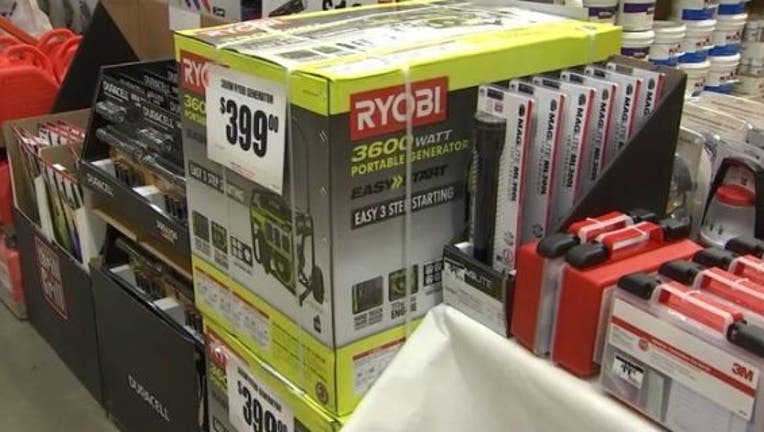How to operate a generator safely after a hurricane or tropical storm

LAKE MARY, Fla. - Living in Florida, residents know all too well that when a tropical storm or hurricane strikes, that can mean days or weeks without power. Many decide to budget for a generator to help weather the storm and its aftermath in some degree of comfort.
If used improperly, a generator can be deadly. Generators can cause carbon monoxide poisoning, and electric shock, and also could start a fire. Below are a few tips on how to use a generator safely:
- Do NOT use the generator inside your home, garage, or any attached enclosed space.
- Do not place it on a patio or under an eave and also do not place it by a window, because carbon monoxide can still seep into a home,
- Do have a carbon monoxide detector.
- It is recommended that you keep the generator at least 20 feet away from your house.
- Do not refill generators with gas while it’s hot. Store the gasoline for it safely, and use a fuel stabilizer.
- Do not overload it with too many appliances.
- Use recommended extension cords.
Even if you can’t smell exhaust fumes, you may still have been exposed to carbon monoxide. If you start to feel sick, dizzy, or weak while using a generator, get fresh air right away. If you experience serious symptoms, get medical attention immediately.

